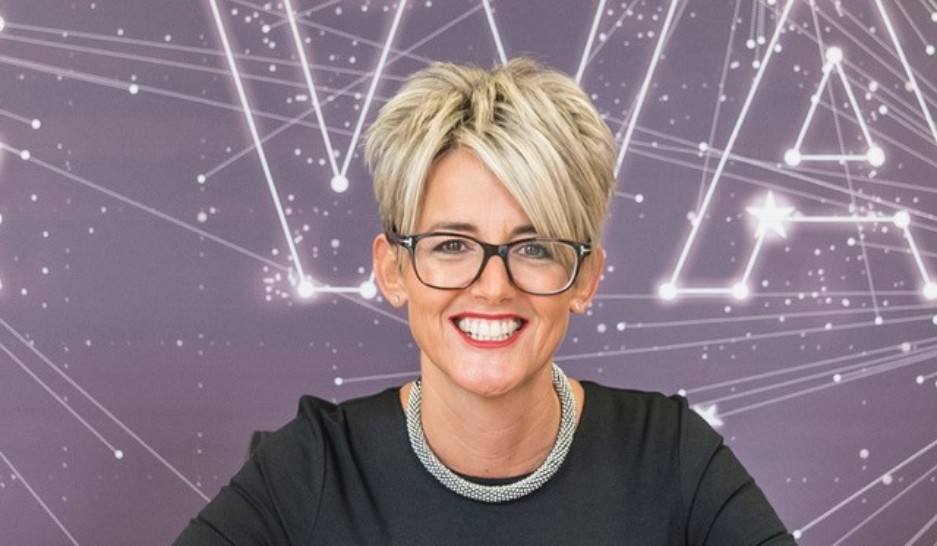This event gave 400 attendees insight into the progress of charter signatories, opportunity to celebrate successes, discussions of best practice and examination of how the Covid-19 pandemic has affected the whole women in finance piece.
There was also much discussion surrounding how this charter can help other diversity strands such as Black, Asian and minority ethnic (BAME) communities.
The charter has now attracted 370 signatories, covering a staggering 900,000 financial services employees.
Bottom rung of the ladder
Economic secretary to the Treasury and City minister John Glen MP commented that “too many citizens are at the bottom rung of the ladder and can’t move up.”
He added this was something to be addressed in financial services and reiterated the need for the industry to create a totally inclusive work environment.
Glen congratulated the progress that had been made, adding that one third of signatories had met or exceeded their targets for the number of women in senior management roles and three out of four firms were either maintaining or increasing the number of women at senior level.
He commented that half of senior roles in the Treasury are fulfilled by women.
After praising the industry response to Covid-19 and how organisations have continued to further the diversity agenda in challenging times, he welcomed creativity shown in running online events.
Culture shift needed
However, Glen said progress was “not fast enough”, adding: “We don’t see the shift in culture that is needed for the big leap forward and a lot more can be done.
“We need to ask how do we bring a more holistic change?”
Closing his remarks, Glen acknowledged fallout from the Covid-19 pandemic could impact women and he was “aware of the risk that women will do badly with these changes and that there was a high risk of being put at a disadvantage in the workplace.”
He therefore urged firms to be mindful of this, to prioritise thoughtful leadership when restructuring the workplace and that flexible working needs to be embedded in the mindset.
Next up, Jayne Anne Gadhia, the UK government’s Women in Finance Champion reminded the audience that: “Diverse companies are the most productive, the most attractive places to work and the most successful at retaining people.”
She added: “Disrupting the status quo requires strong leadership and continuing focus,” and noted where companies fell behind with diversity there was risk to shareholders and stakeholders of lower returns and less sustainability.
Recruitment advances
Jenny Barrow, senior adviser at New Financial, then focused upon the charter’s progress sharing the annual report.
Brightstar was featured as one of only 62 signatories (17 per cent) to have met its targets and was also singled out for its innovative approach to recruitment, including a special focus on job advertisements.
This included focusing on the removal of bias from job adverts by using text analytics software to identify gender specific language that might deter potential candidates from applying.
And the report also added there had been an emerging trend for signatories to promote flexible and part-time working options in job adverts; this also being something that the Brightstar Group is actively doing.
Barrow reported that representation of women in senior management roles had increased year-on-year since the introduction of the Charter, but “the pace was slow”.
The most popular strategies to accelerate representation of women in financial services include using diverse long lists and shortlists, promoting flexible working, diversity related training, accountability mechanisms such as data and divisional targets, mentoring and sponsorship and parental leave options.
Transparency remains a key pillar of the charter and 14 signatories were removed after failing to submit data and/or to publish online progress.
Bank of England a better place to work
Bank of England governor Andrew Bailey then explained how the work and role of the charter had been instrumental in changing the approach of organisations, including the Bank of England.
He said: “The charter has translated talk into concrete action and real action.”
Although the Bank of England had not achieved its published target, it had made progress towards it and set itself stretching targets.
Most crucially, Bailey added that a more diverse Bank of England was a better place to work and to serve people properly, it can only do so if it provides a sufficient resemblance of the people it serves. He concluded: “The Women in Finance Charter – its targets and ambitions, give us an example of how to turn talk into action.”
The final speaker was Gwyneth Nurse from HM Treasury who also expressed the desire for faster progress and to reach the ultimate goal of complete parity.
She added: “Crises always bring adversity but also opportunity. We need to use this crisis as a moment of opportunity. We’d like to go further and faster.”
Benefits of inclusion
I was delighted to be part of this prestigious event today and it was fantastic to hear how the charter has extended its reach to cover over 900,000 financial services personnel.
We continue to work tirelessly to drive change within our own organisation and across the sector and I am passionate about the intentions of the charter and achieving its aims.
As both John Glen and Dame Jayne Anne alluded to, an inclusive workforce is better for business and customers.
Therefore, I urge organisations from across the sector to make the pledge and sign the charter.
Brightstar Group signed the Women in Finance Charter in 2016 and has been encouraging and helping other organisations to become signatories ever since.
It continues to provide support and counsel for any organisation that is interested in becoming a Women in Finance Charter signatory. If you are interested to know more, please contact Clare Jupp.

















